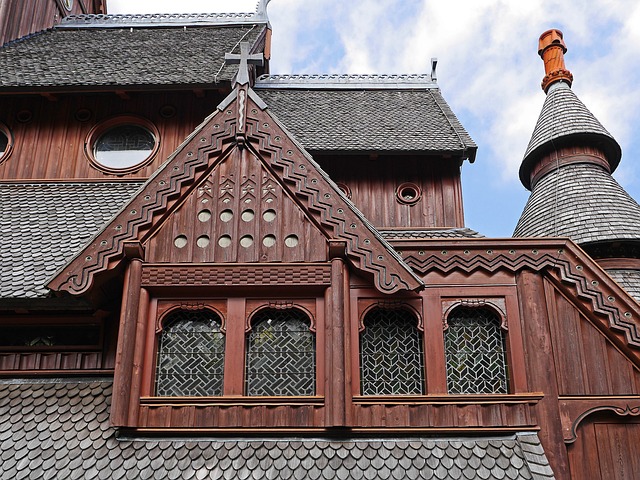The Pros and Cons of Zinc and Lead Roofing: Making the Right Choice for Your Home or Business

Are you in the process of selecting new roofing for your home or business? You likely know that there are various choices available to you, including zinc and lead. While these two materials can both provide long-term durability and protection against the elements, they do have their pros and cons. In this blog post, we’ll be taking a close look at zinc and lead roofing so that you can make an informed choice on which material is right for your property. If you’re in Wiltshire and are planning to install lead roofing for your home, the first step is to get in touch with suppliers that provide installation and service for lead roofing Wiltshire.
What are the main benefits of zinc roofing?
There are many benefits to using zinc roofing. Perhaps the most notable benefit is that zinc roofs are extremely long-lasting. They can last for up to 100 years, making them a wise investment for homeowners. Zinc roofs are also very low-maintenance, which is another appealing feature for homeowners.
Zinc roofs are also very environmentally friendly. They are made from a natural resource and they can be recycled at the end of their life cycle. In addition, zinc roofs help to reduce greenhouse gas emissions, which is great news for the environment.
Finally, zinc roofs are beautiful and can greatly enhance the appearance of a home. They come in a variety of colors and styles, so homeowners can find the perfect roof for their homes.
What are the main benefits of lead roofing?
There are many benefits of lead roofing. Perhaps the most important is that it is very durable and lasts a long time. It can withstand severe weather conditions and is resistant to fire and insects. Additionally, lead roofing is a good insulator, which helps keep your home warm in the winter and cool in the summer. It also doesn’t absorb moisture, so it is less likely to sustain damage from leaks or rot.
Lead roofing is also somewhat malleable, which allows it to be easily shaped and molded into intricate patterns. This means that homeowners can customize their lead roofs in a variety of ways, making them truly unique. Lead roofs are also relatively easy to install, so homeowners can save money on installation costs.
How do you decide whether zinc or lead roofing material is right for your property?
The two materials have different benefits and drawbacks that need to be considered when making a decision. Zinc is a very durable material that can last for up to 100 years, while lead is not as durable and typically lasts for only 50 years. Zinc is also more expensive than lead, but it is a more environmentally-friendly option since it can be recycled. Lead, on the other hand, is cheaper but is more harmful to the environment. It is also important to consider the weight of the materials when making a decision. Zinc weighs significantly more than lead, so it may be more difficult to install.
Zinc and lead roofs both have a lot to offer when it comes to protecting your home. Each metal has its own unique benefits, so it’s important to do your research to see which one is the best fit for your property.
Ultimately, the choice between zinc and lead roofing depends on a variety of factors. It is important to consider the cost, durability, environmental impact, and installation difficulty of each material before making your decision. With some careful research and consideration, you can make an informed decision about which roofing material will best suit your needs.
If you’re still not sure after reading this article, we suggest talking to a professional roofer who can help you make an informed decision.

